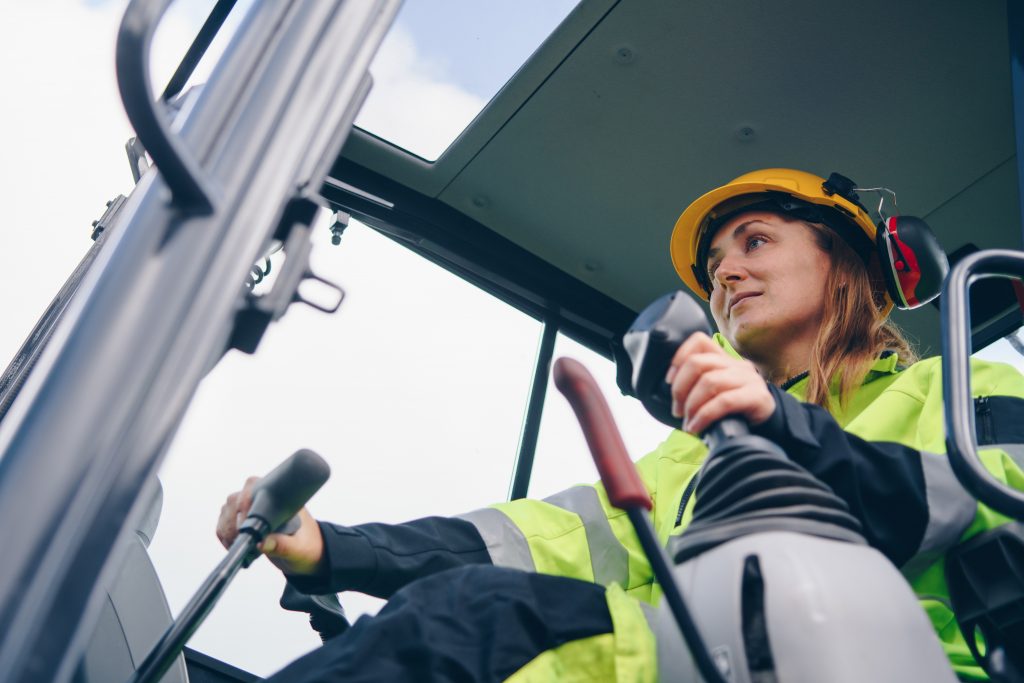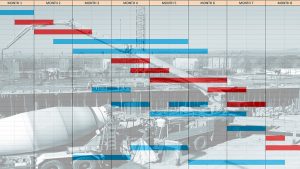Class is in session for the first entrants into the Canadian Apprenticeship Forum’s (CAF) National Leadership Program for Women in Skilled Trades.
Eighteen tradeswomen are the first participants in the program developed in partnership with the Office to Advance Women Apprentices. The workers are either fourth-year apprentices or journeypersons looking to progress into leadership positions.
CAF director of research and programs Emily Arrowsmith noted the program serves not only as a leadership development platform but also a recruitment strategy.
“Young women cannot be what they cannot see,” said Arrowsmith. “Ensuring that women are visible leaders in this space is crucial. In addition, attraction is key, but retention and career development are also important.”
The statistics remain frustrating for advocates.
The percentage of women in construction, manufacturing and transportation was 3.9 per cent in 2014, according to Statistics Canada and it remained flat at five per cent in 2020.
The program is built on the logic that if women build their confidence and feel empowered to become leaders, they will become the future managers, supervisors, forepersons and bosses that make hiring decisions and they will create a welcoming workplace environment for underrepresented groups, explained Arrowsmith. Ultimately this will help diversify the skilled trades workforce.
“Seeing a career path in the trades is also key to retention. Women’s completion rates are lower than men’s in many trades, so we want to ensure women feel motivated to stay in the trades and can progress in their careers.”
CAF announced the program in June 2022 at the Supporting Women in Trades Conference held in St. John’s, N.L. Over the past year the CAF has worked with instructors to develop the content and to create online modules.
Tradeswomen coaches were engaged to help support the women taking the program.
Modules included in the program are Principles of Leadership, Communicating with Confidence, Teamwork, Mentoring and Conflict Resolution, Supervisory and Management Skills and Mental Health and Well-Being. Participants will complete the program online through a learning management system allowing for self-paced learning and interactive participation with facilitators and tradeswomen coaches.
The first cohort will study from September to December.
CAF program material notes that female apprentices report more difficulty finding employer sponsors and have lower apprenticeship completion rates than males, according to a 2021 report from Prism.
A positive work environment and support from peers are thought to be key to program retention but in the absence of these, women apprentices report poorer mental health than male apprentices, contributing to a lack of confidence and a sense of isolation, stated a 2020 CAF report.
Program uptake was so strong that a second cohort has been added, Arrowsmith stated, with the extra program to be held next February to May.
“We are happy with the response,” she said.
“We are not surprised these women want to pursue leadership development training. They want to make positive change happen.”
Women graduating from the program will be in a good position to pursue better jobs including management, Arrowsmith stated.
“Women need to feel empowered and confident so they will apply for leadership positions when they become available.
“The other outcome of this program will be that the participants who complete it will then become mentors to the next cohort and so on. It is building a network of leaders across the country and trades.”
The next focus of CAF is ensuring the program is sustainable.
“We do not want any barriers to participation, including financial ones. We hope that industry will see the value and take part in the development of a sustainable financial plan to continue to provide these opportunities.”
CAF also plans to create a national speakers bureau to provide future leadership opportunities for the participants who choose to continue to be involved.
At some point in the future, Arrowsmith said, female trades leaders will no longer be a rarity.
“Leadership skills developed during the program are intended to help the women support all the people they work with,” she commented.
“We hope that one day we will be in a space where we no longer need to use binary gender terms in our efforts to support inclusion in the skilled trades.”
Follow the author on Twitter @DonWall_DCN










Recent Comments
comments for this post are closed